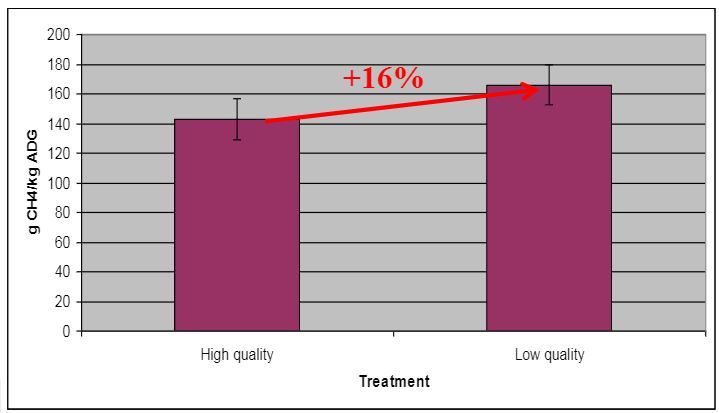The methane produced by ruminant animals in Ireland can account for 60% of the total agricultural greenhouse gas emissions, according to UCD’s Associate Professor Tommy Boland.
“Methane is by far the biggest contributor we see from our animal agriculture production systems.
“Agriculture makes a pretty large contribution to our national greenhouse gas emissions profile, coming in at about 33% of the total emissions basket,” he said at the Agricultural Science Association’s recent Addressing Climate Change in Irish Agriculture conference.
The Department of Agriculture sponsored the conference in recognition of the role that the ASA plays in bringing together key stakeholders from the sector to discuss the important issue of climate change.
The Associate Professor of Ruminant Nutrition said methane is formed as a result of the breakdown of carbohydrates by methanogens in the rumen of either cattle or sheep.
The majority of this methane is belched out. Methane is a natural by-product in the rumen of food consumption. The more the cow or sheep eats the more methane that will be produced.
Does grass quality have an impact?
Citing research results, which looked at pre-grazing herbage mass as a predictor of grass quality, Boland said that feeding animals higher quality grass results in less methane production.
“If we have a low pre-grazing herbage mass (1,200kg of DM/ha) quality is higher, if we have a high pre-grazing herbage mass (2,000kg of DM/ha) quality is lower.
“When we feed high quality grass, we reduced the total daily emissions of methane from our cows, we reduced the emissions intensity of the product produced.
“We reduced the amount of methane produced per kg of milk and milk solids and we reduced the amount of methane produce per kilogram of Dry Matter Intake (DMI).
“When grass is managed in this type of scenario, we increase the annual yield per hectare as well so there is another benefit there,” he said.
Boland also said the beef industry is quite efficient in production terms, but there is room to increase that efficiency.
“By feeding low-quality grass to rearing beef heifers we are actually increasing our emissions per kilogram of gain, which is your output variable in a growing animal, by about 16%,” he said.


